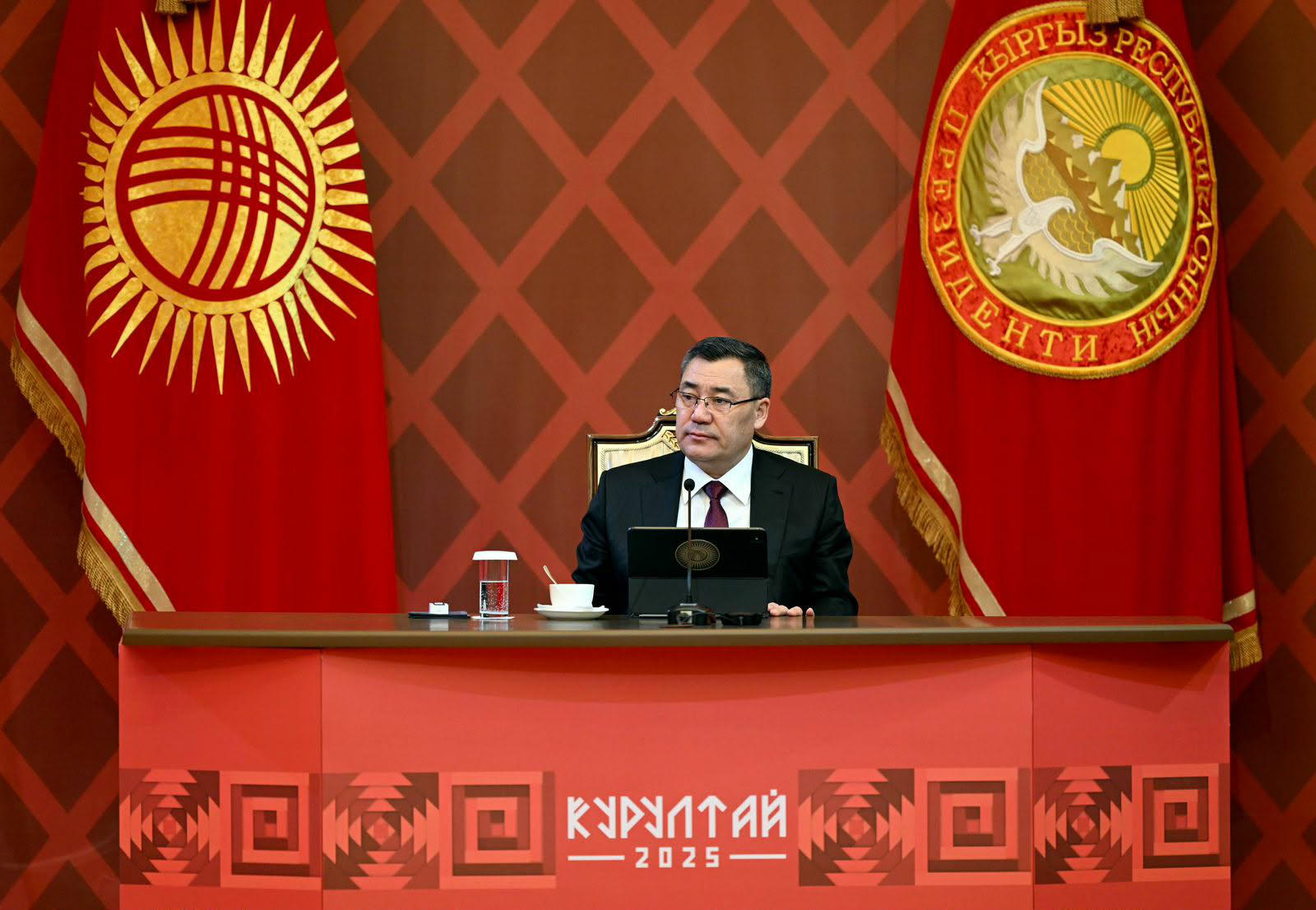Certain rights and privileges protected by the Law "On Freedom of Speech and Expression" are being abolished

"Georgian Dream" is amending the Law "On Freedom of Speech and Expression" – by the decision of the parliamentary majority, several provisions of this law are being removed, and issues related to freedom of speech and expression are being regulated in a new manner.
The draft amendments have already been initiated in Parliament, and their consideration is planned under an accelerated procedure. The authors and initiators of the draft are deputies from "Georgian Dream."
Specifically, the provision of the law that places the burden of proof on the initiator of restrictions when limiting freedom of speech is being abolished. Additionally, any doubts that cannot be substantiated in accordance with the law will no longer be resolved in favor of protecting freedom of speech. The provision that prohibits using a respondent’s refusal to disclose professional secrets or their sources as the sole basis for an adverse decision in cases involving restrictions on freedom of speech is also being repealed.
As a result of the enactment of the draft submitted to Parliament, in defamation disputes, the burden of proof in court will shift to the respondent, while the plaintiff, who may have suffered moral or reputational harm, will be relieved of the obligation to prove the inaccuracy of the facts disseminated by the respondent. Furthermore, the draft law imposes on the respondent the burden of proving that their statement did not contain materially false facts about the plaintiff.
The draft law introduces substantive regulation of speech and expression, particularly in cases involving personal insults, whether in private or public spaces.
Additionally, the current law states that freedom of expression cannot be restricted on the grounds of protecting private life or personal data in relation to events whose knowledge is necessary for individuals to exercise public self-governance in a democratic state. This provision of the law is also being abolished under the proposed draft.
The article of the Law "On Freedom of Speech and Expression" that establishes a qualified privilege for defamation is being repealed. Specifically, the provision granting a person a qualified privilege for a statement containing materially false facts is being removed. This privilege applied if: the person took reasonable measures to verify the accuracy of the facts but could not avoid the error and took effective measures to restore the reputation of the person harmed by the defamation; the statement aimed to protect legitimate public interests and the protected good outweighed the harm caused; the statement was made with the plaintiff’s consent; the statement was a proportionate response to a statement made by the plaintiff against them; or the statement was a fair and accurate report of an event attracting public attention.
Under the same draft law, the timelines for handling defamation cases are being tightened – the one-month period set by the court for parties to reach a settlement in defamation disputes is reduced to 10 days.
If the court deems that publishing a correction or retraction is insufficient to adequately compensate for the harm caused to the plaintiff by defamation, the respondent may, at the plaintiff’s request, be obliged to compensate for the material or non-material (moral) damage caused to the plaintiff.


